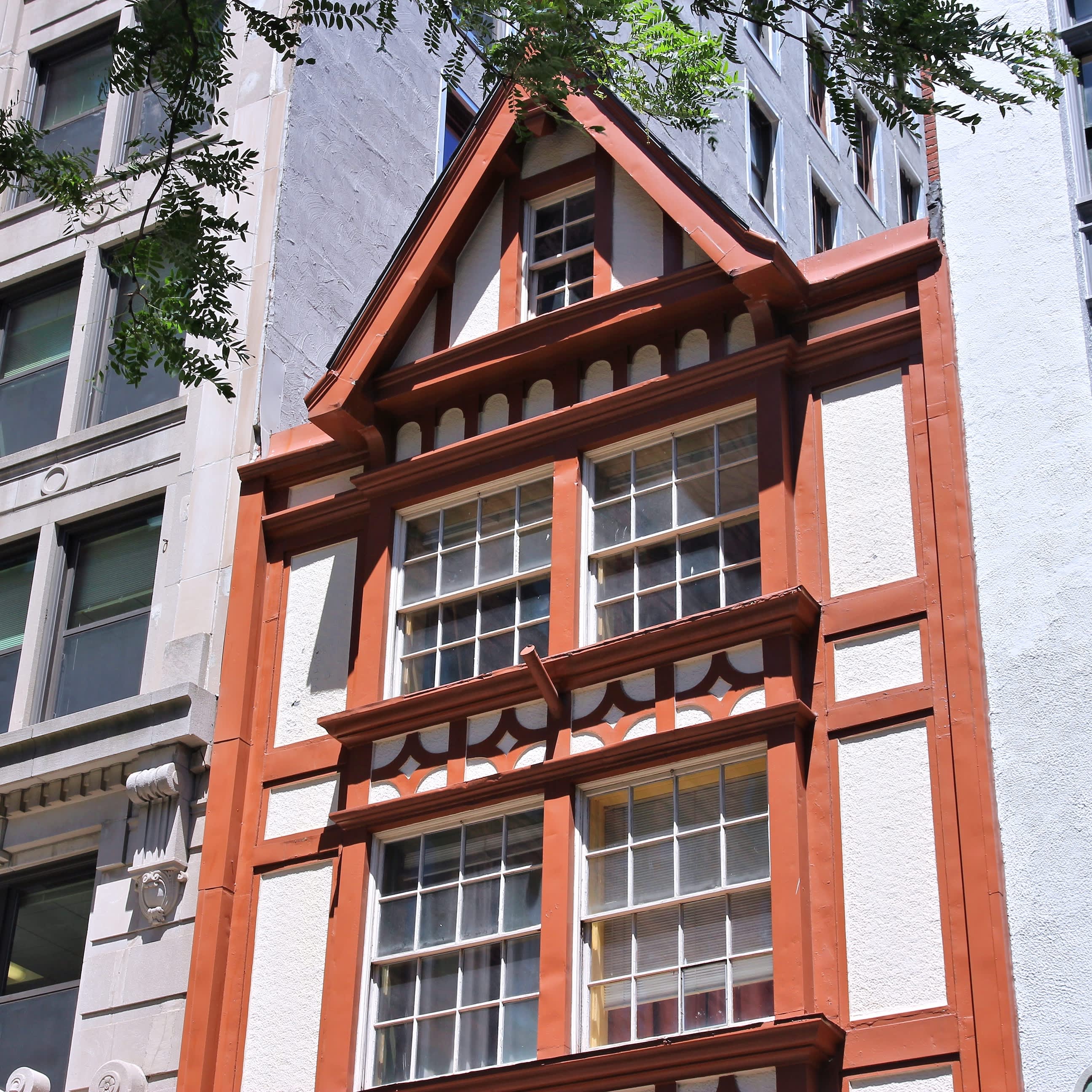
Relief is on the way for those who have fallen behind on their rent during the coronavirus pandemic.
There's now more than $45 billion in rental assistance available, thanks to the stimulus packages passed in December and this month.
To be sure, it will take time for the federal government to disburse all the funds to states, and for each state to set up programs for people to apply to.
And housing advocates say more money is still needed. By one estimate, rental arrears in the U.S. during the pandemic may be closer to $70 billion.
More from Personal Finance:
First $1,400 stimulus checks go to those with direct deposit
Stimulus checks could be garnished for unpaid debts
These senators want to send recurring stimulus checks
Still, the pot of money could help millions of Americans stay in their homes.
Here's what you need to know about getting in line for it.
Am I eligible?
To qualify, at least one member in your household has to be eligible for unemployment benefits or attest in writing that they've lost income or incurred significant expenses due to the pandemic.
You will also need to demonstrate a risk of homelessness, which may include a past due rent or utility notice.
In addition, your income level for 2020 can't exceed 80% of your area's median income, though states have been directed to prioritize applicants who fall at 50% or lower, as well as those who've been out of work for 90 days or more.
Are the funds available now?
Not all states have set up their rental assistance program yet, but all states should eventually have one.
"If individuals are in a state where the program has not opened, they should check to see if their locality is offering a rental assistance program," said Diane Yentel, president and CEO of the National Low Income Housing Coalition.
How do I apply?
"Where or how to apply will vary city by city," said Emily Benfer, a visiting law professor at Wake Forest University.
Many areas already had existing rental assistance funds, and it will be through one of these that you apply for the new aid. In other cases, programs will be created to disburse the money, Benfer said.
"Renters should contact local housing groups, their representatives or the local 211/311 lines to identify programs and learn how to apply," she added.
The National Low Income Housing Coalition has a database of rental assistance programs, too.
Your landlord can also apply for you but must get your signature and provide you with a copy of the application if they do so.
How much could I get?
Many of the programs don't have restrictions on the amount of funds you can receive, Yentel said. Instead, there will be a cap on how many months of rent you can get.
Some programs allow for 12 months of housing payments. Others may offer funding for as many as 18 months of rent.
The money is sent to your landlord. If your landlord refuses to accept the funds, you may be able to get them directly.
I'm worried about eviction. What should I do?
Apply for the funds immediately.
Also, understand your rights. Most renters should be allowed to stay in their homes at least through the end of March, thanks to President Joe Biden's extension of an order announced by the Centers for Disease Control and Prevention in September that made evictions for nonpayment illegal.
To invoke that protection, you'll need to attest on a declaration form that you meet a few requirements, such as expecting to earn less than $99,000 in the 2020-2021 calendar year.
"If a tenant cannot pay the rent, they should provide the declaration to their property owner as soon as possible," Benfer said.
In addition to the CDC ban, some states have issued their own eviction protections. Get informed about any of those protections that apply to you.
Last, if your landlord ignores any of these rules, as some are doing, get a lawyer. You can find low-cost or free legal help with an eviction in your state at Lawhelp.org.
One study in New Orleans found that more than 65% of tenants with no legal representation were evicted, compared with fewer than 15% of those who did have a lawyer in court.
Have you recently applied for rental assistance? If you're willing to discuss you experience for a story, please email me at annie.nova@nbcuni.com
Also watch: The Social Security tax cap kicks in at this salary figure in 2021
"now" - Google News
March 12, 2021 at 11:52PM
https://ift.tt/30Cdfg7
More than $45 billion in rental assistance is now available. Here's what you need to know about applying - CNBC
"now" - Google News
https://ift.tt/35sfxPY
Bagikan Berita Ini















0 Response to "More than $45 billion in rental assistance is now available. Here's what you need to know about applying - CNBC"
Post a Comment